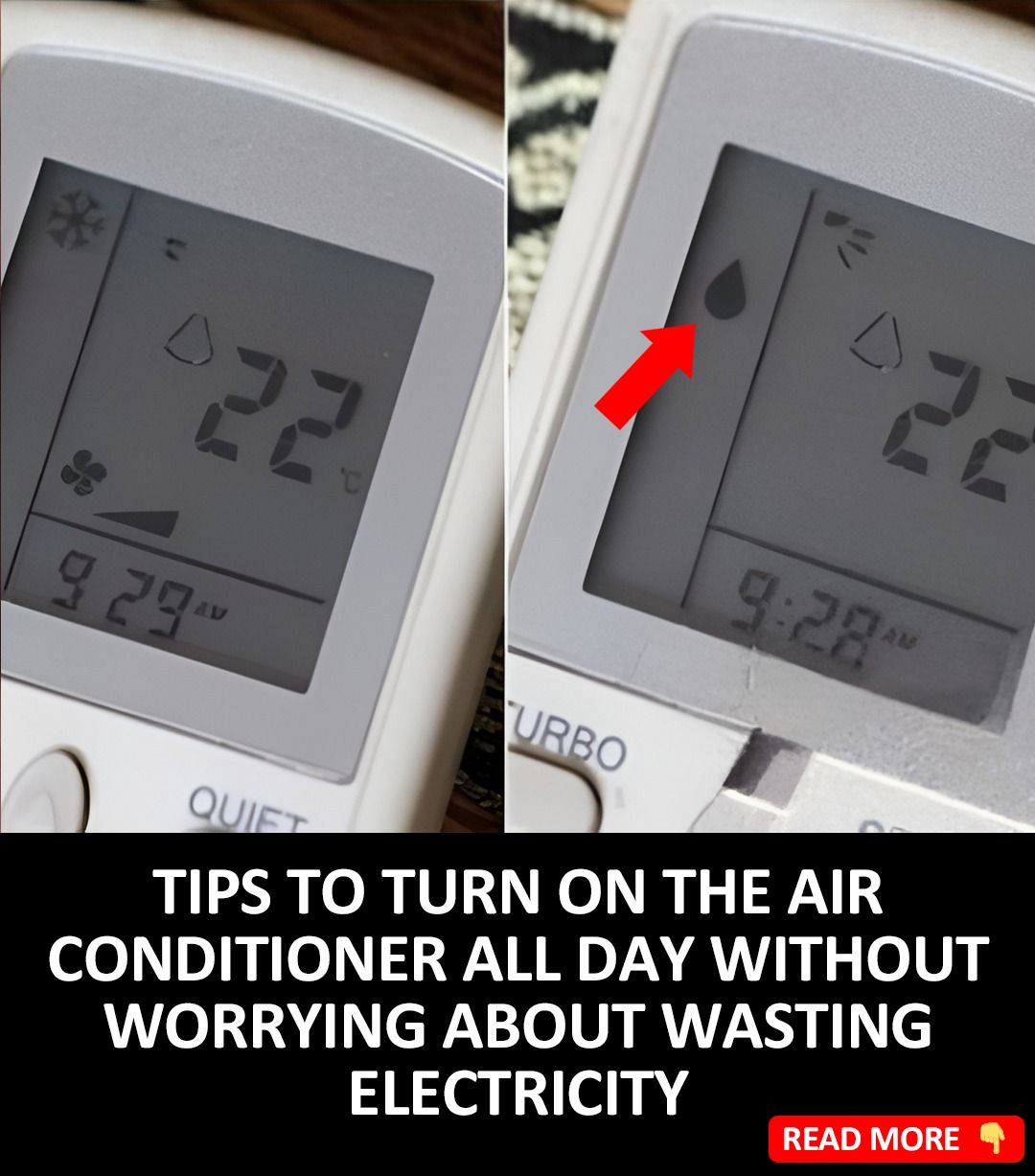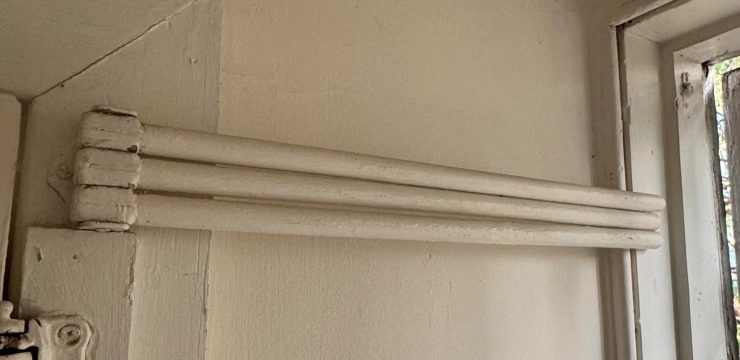As summer approaches and the temperatures begin to climb, homeowners everywhere are preparing to rely heavily on their air conditioners to keep cool. However, as energy usage increases, so do electricity bills, and the challenge becomes finding ways to stay comfortable without putting too much strain on your wallet—or the environment.

Air conditioners are essential for beating the heat, but they also consume a significant amount of energy and contribute to greenhouse gas emissions, which are linked to rising global temperatures and extreme heat waves. Thankfully, there are practical strategies to ensure your air conditioning system runs more efficiently, helping you save money while also minimizing environmental impact. One of the most effective ways to improve your air conditioner’s performance is to clean it regularly. Make sure to unclog vents and ducts to prevent blockages that disrupt airflow. Whether you choose to do this yourself or hire a professional, keeping your system free of dust and debris allows cool air to circulate freely, making your unit work less and cool more efficiently.
In addition to cleaning, it’s a good idea to have an HVAC technician inspect your unit. A professional can spot problems like poor airflow, leaks, or faulty components that you might not notice, ensuring your system runs smoothly and doesn’t waste energy. Another helpful habit is to maintain a consistent indoor temperature. Avoid adjusting the thermostat too frequently, especially during peak heat hours. Keeping your home at a steady temperature helps reduce the workload on your system and can prevent it from cycling too often, which wastes energy. Instead of cranking the thermostat down to 65 degrees, aim for a more moderate setting around 70 degrees. This small change can lower your energy usage by up to 20%, saving you money and reducing the strain on the power grid. It’s also wise to turn off your air conditioner when it’s not needed. On cooler nights, open the windows to let in fresh air.
If no one is home during the day, turn the system off or raise the temperature to save energy. For those living in very hot regions, such as desert climates, setting the thermostat to a higher temperature like 70 degrees while away can still protect your home’s interior without running the system excessively. Timing matters, too. The hottest part of the day typically occurs in the late afternoon, which also happens to be when most people return home from work or school. Try planning activities that don’t require air conditioning, such as visiting a local lake or swimming pool, to escape the heat naturally. After enjoying a breezy night with open windows, be sure to close them during the day to keep warm air out. Also, close your blinds or curtains to block out sunlight, which can significantly raise indoor temperatures and make your air conditioner work harder.
Ceiling fans are a great way to complement your AC. They help distribute cool air more evenly, allowing you to raise the thermostat setting without sacrificing comfort. Cooking habits can also affect indoor temperatures. Avoid using the oven during the hottest parts of the day. Instead, use smaller appliances like microwaves or slow cookers, or prepare meals early in the morning. Opting for cold dishes like salads can also prevent unnecessary heat buildup. Proper insulation plays a major role in keeping your home cool. Seal gaps, cracks, and other sources of air leaks with weatherstripping or caulking. Pay special attention to attics, basements, and porches, as these areas often let cool air escape. Finally, consider upgrading to a smart thermostat. Though it requires an initial investment, it can offer long-term savings by allowing you to program temperature settings based on your schedule. You can even control it remotely from your phone, ensuring your home stays cool only when necessary. These simple yet effective tips not only reduce your energy bill but also help you stay cool and comfortable all summer long without putting unnecessary pressure on your air conditioning system or the environment.





